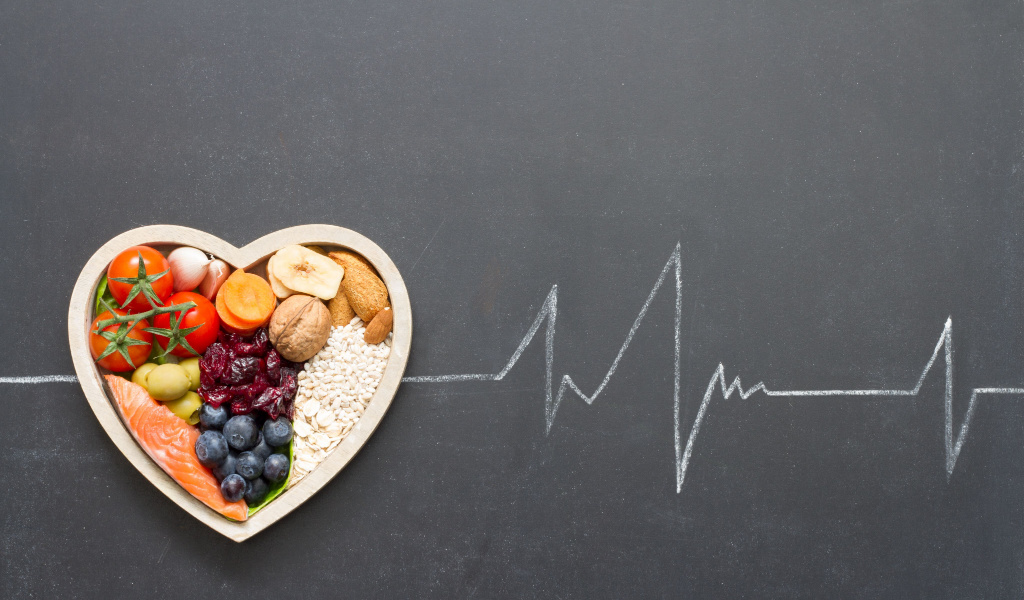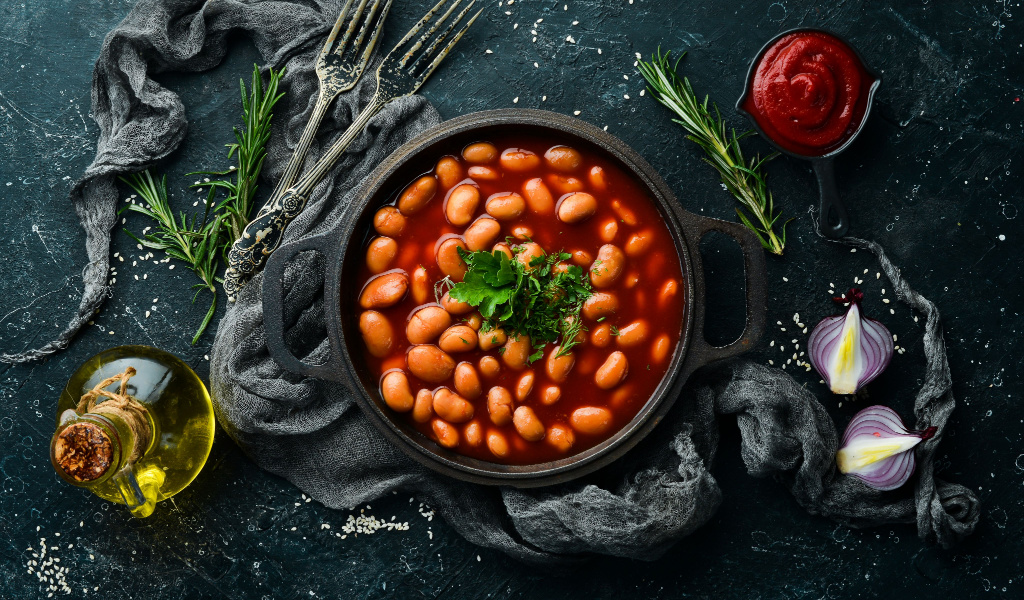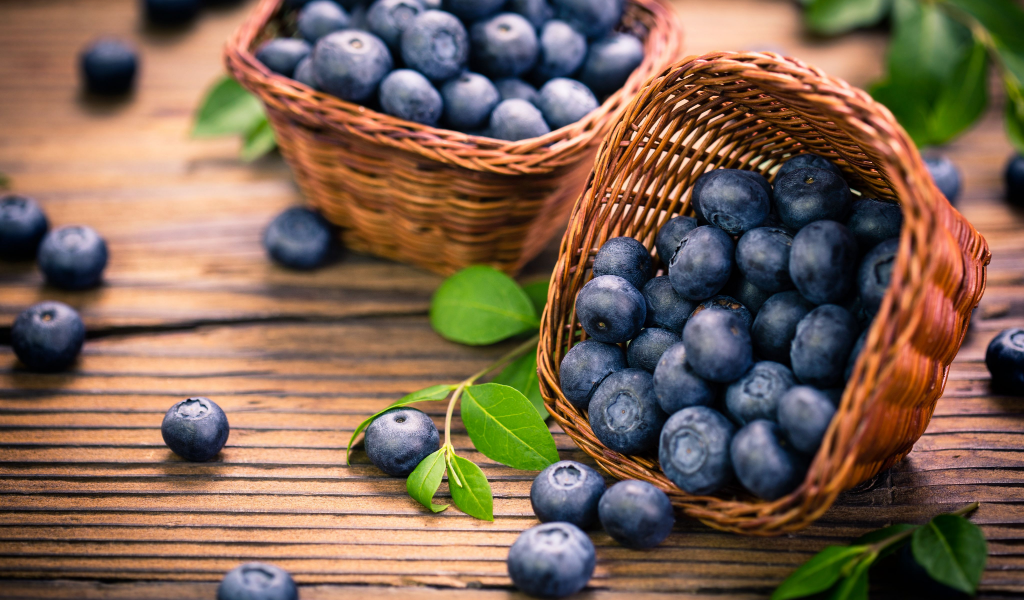Most of us tend to turn to medications when there’s something wrong with our bodies, but there is a better and more efficient way to keep our health in check – food! A popular quote by Hippocrates that goes “let food be thy medicine, thy medicine shall be thy food” is the perfect phrase to emphasize the importance of nutrition to prevent or cure diseases.

Fill your plate with the colors of the rainbow. What pleases your eyes will definitely please your body too!
Broccoli
Broccoli has gained a reputation as a superfood – and for very good reasons too. It is low in calories but rich in nutrients and antioxidants that keep up many aspects of human health. To boost your health and reduce the risk of disease, the foremost thing you can do regularly is to include green vegetables like broccoli in your daily diet.
Scientists call broccoli “green chemoprevention” because of its rich bioactive compounds. Compounds called isothiocyanates in cruciferous vegetables such as broccoli, cauliflower, Brussels sprouts, kale, cabbage, and Bok choy are known to have anti-cancer properties.
Results from epidemiological studies and experiments have proposed that broccoli, in particular, contains many of these compounds. One such compounds called sulforaphane is found to be effective in “switching off” cancer genes, leading to the targeted death of cancer cells.
Other studies reveal that eating these vegetables in the proper amount on a regular basis can promote your health and decrease the risk of cancer. Consuming raw or slightly steamed broccoli a few times a week can reduce the risk of prostate, lung, breast, bladder, mouth, and skin cancers. Research published in 2019 in Nutrition & Cancer recommends that consuming raw cruciferous vegetables like broccoli is correlated with an outside chance of stomach cancer. Avoid boiling or heavily steaming broccoli as it causes the beneficial compounds to leach out.
Spinach
Spinach can be easily added to your daily diet because of its versatility. The leafy green powerhouse contains an array of several vitamins and minerals, and it is also an excellent source of potassium. Potassium-rich foods help to reduce your blood pressure.
From an investigation of studies in the Journal of the Natural Cancer Institute, it was suggested that consuming plenty of spinach may notably reduce the rate of breast cancer because of the presence of two carotenoids, namely lutein and zeaxanthin.
Lutein acts as a shield against age-oriented eye diseases such as macular degeneration and cataracts. This green leafy vegetable is also rich in folate which strengthens DNA, and vitamin B which is essential during pregnancy. A study issued in the PLOS One journal reveals that higher levels of folate reduce the risk of breast cancer.
Beans
Beans are not only a great source of vegetarian protein, but they also help improve your health and the immune system overall. Additionally, in contrast to animal sources of protein, beans are free of cholesterol.
There have been a number of studies that back up these claims as well. JAMA Internal Medicine conducted a large epidemiological study and identified individuals who ate legumes a minimum of four times a week to have a 22 percent lower risk of heart ailments when compared with those who consumed it less than once a week. Similarly, a meta-analysis conducted in 2019 in Advances in Nutrition revealed that consuming beans, peas, lentils and other varieties of legumes routinely decreases the possibility of cardiovascular disease, high blood pressure, and coronary heart disease.

Oats
As a great source of whole grains, oats contain a type of soluble fiber called beta-glucan that seems to support your metabolic health. Beta-glucan is also known as a heart-protective starch that can help reduce high cholesterol and potentially help reduce the risk of certain cancers.
Regular consumption of oatmeal can help prevent type 2 diabetes and may even reverse it due to its consequence on blood sugar control.
In a 2021 Journal of Functional Foods study, researchers discovered that after 12 weeks of giving a group of patients with type 2 diabetes a 5-gram dosage of oat beta-glucan once daily, they were able to better control their blood sugar, reduce their appetite, and feel fuller for longer. Additionally, they had improved gut microbiota health, which is crucial for metabolic health.
According to the researchers, the formation of a gel in the stomach by beta-glucan may help manage blood sugar by delaying the release of glucose into the bloodstream. In addition to improving overall health, beta-glucans also significantly reduce LDL (low-density lipoprotein), or “bad” cholesterol.
Apples
The old saying “an apple a day keeps the doctor away” might sound like junk science, but there’s definitely no harm in following that piece of advice!
Apples are an incredibly nutritious fruit that provides so many health benefits. They are loaded with fiber, vitamin C, and antioxidants. According to a 2020 paper in Critical Reviews in Foods Science and Nutrition, apples are specifically important for cardiovascular health, maintaining the flexibility of blood vessels, and lowering blood pressure. Furthermore, studies conducted by the American Heart Association have revealed that one apple contains 4.5 grams of fiber that lowers blood pressure in addition to quercetin acts as an efficient anti-hypertensive.
Blueberries
Blueberries are considered to be the king of antioxidant foods. These berries can counterbalance the inflammatory effects of your lifestyle and are rich in antioxidants such as anthocyanins and flavonoids that can switch off inflammatory and immune genes.
Not only are blueberries linked to anti-inflammatory activity, they also provide positive effects on vascular health, managing blood sugar, and improvements in the balance of gut flora, according to a review of research on blueberries and their anthocyanins in a 2020 issue of Advances in Nutrition. Numerous ailments and diseases, including arthritis, type 2 diabetes, cancer, heart disease, and dementia, are influenced by chronic, low-grade inflammation, an immune system response that is frequently brought on by unhealthy lifestyle choices.
There is no controversy in accepting blueberries as the powerful little blue “pills” of nature.
The Bottom Line
What you choose to eat has a profound impact on your overall health. That’s why many people argue that your food is your medicine. Still, your diet only can’t substitute medicine in all situations. Although so many diseases can be prevented, treated, or even cured by dietary and lifestyle changes, keep in mind that medical intervention or guidance may be required in many cases.
Therefore, you should be vigilant to take care of your body and be in tune with its needs. The first step to doing that is to make sure that what you put into it is clean and beneficial!



